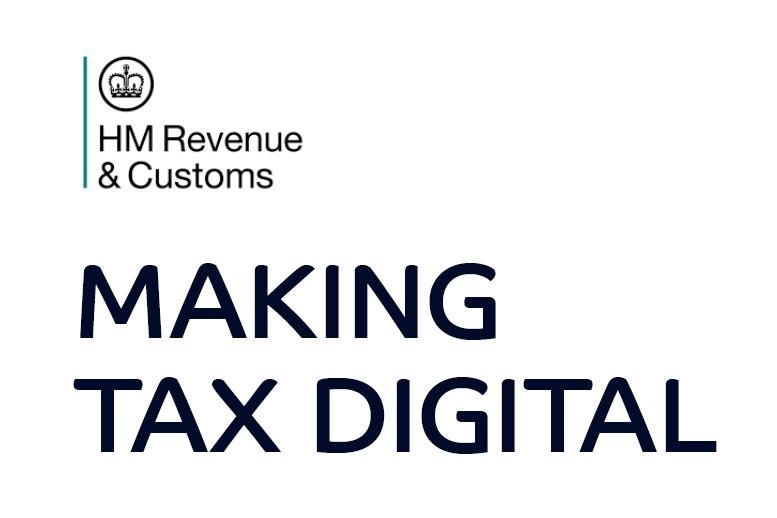Making Tax Digital – Update
Last month, HMRC released some more information on the new ‘Making Tax Digital’ (MTD) pilot scheme that is due to land 1st April 2019. So what do we know now?
HMRC’s aim is for both businesses and individuals to have a one-stop, online portal that can be accessed from anywhere to provide the user with a real-time picture of their tax affairs. To do this, they aim to combine user-submitted data provided to them on a quarterly basis along with any relevant information from third parties like banks or employers. It’s now confirmed that VAT functions will be the first phase of Making Tax Digital.
HMRC have been working closely with software providers to get this system ready, and there is now an approved list of software vendors for Making Tax Digital’s VAT functions. This includes our preferred software provider, Xero - along with other major providers such as Sage.
Who must use the scheme?
Eventually, everyone. However, we now have some guidance on who will be required to use Making Tax Digital for submitting VAT Returns next year, along with some exemptions. The basic requirement for using Making Tax Digital is if you run a VAT-registered business with a taxable turnover exceeding the VAT threshold (£85,000).
The major exemption to this rule is if it is not reasonable for your business to use digital tools to submit their VAT Returns, whether that is due to remoteness of location or age, you will not have to use the scheme and will be allowed to opt out before you are due to start using Making Tax Digital.
Digital Record Keeping
HMRC have also confirmed that once the new scheme starts, businesses will have to make sure they keep their records in a digital format within the software they are using for Making Tax Digital. This means that documents like invoices and credit notes will have exist as an image or PDF document, even if there is a paper copy. Thankfully, the industry is a little bit ahead on this, with software solutions like Receipt Bank and Xero making digitising records easy for anyone with access to a smartphone or computer.
Going forward
Eventually, HMRC are aiming to move as much of their data-collection over to Making Tax Digital as they can. This will mean that VAT-registered businesses, sole traders and landlords may all be required to start reporting their income through Making Tax Digital by as early as April 2020. While some may choose not to move over to Making Tax Digital until absolutely necessary, it may worth jumping on board early to make the transition as easy as possible. If you need help with any of this, Atkinsons Chartered Accountants will be glad to assist.
Topics
Archive
- 2024
- March 2024 (1)
- January 2024 (1)
- 2023
- December 2023 (2)
- November 2023 (2)
- September 2023 (2)
- August 2023 (1)
- July 2023 (3)
- June 2023 (3)
- May 2023 (2)
- April 2023 (1)
- March 2023 (4)
- February 2023 (2)


Comments for Making Tax Digital - What does it mean for my business?